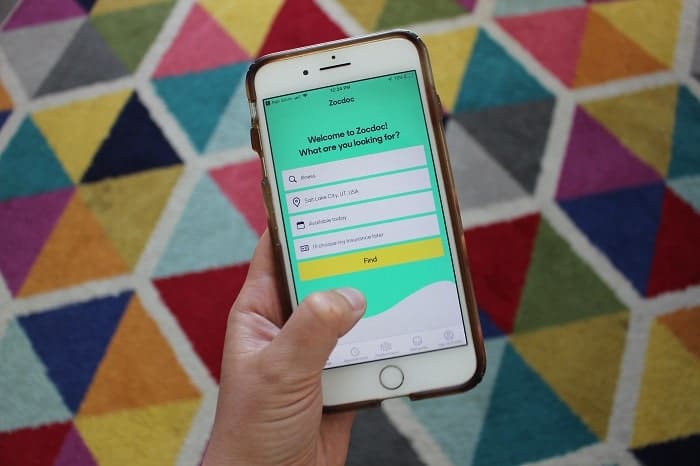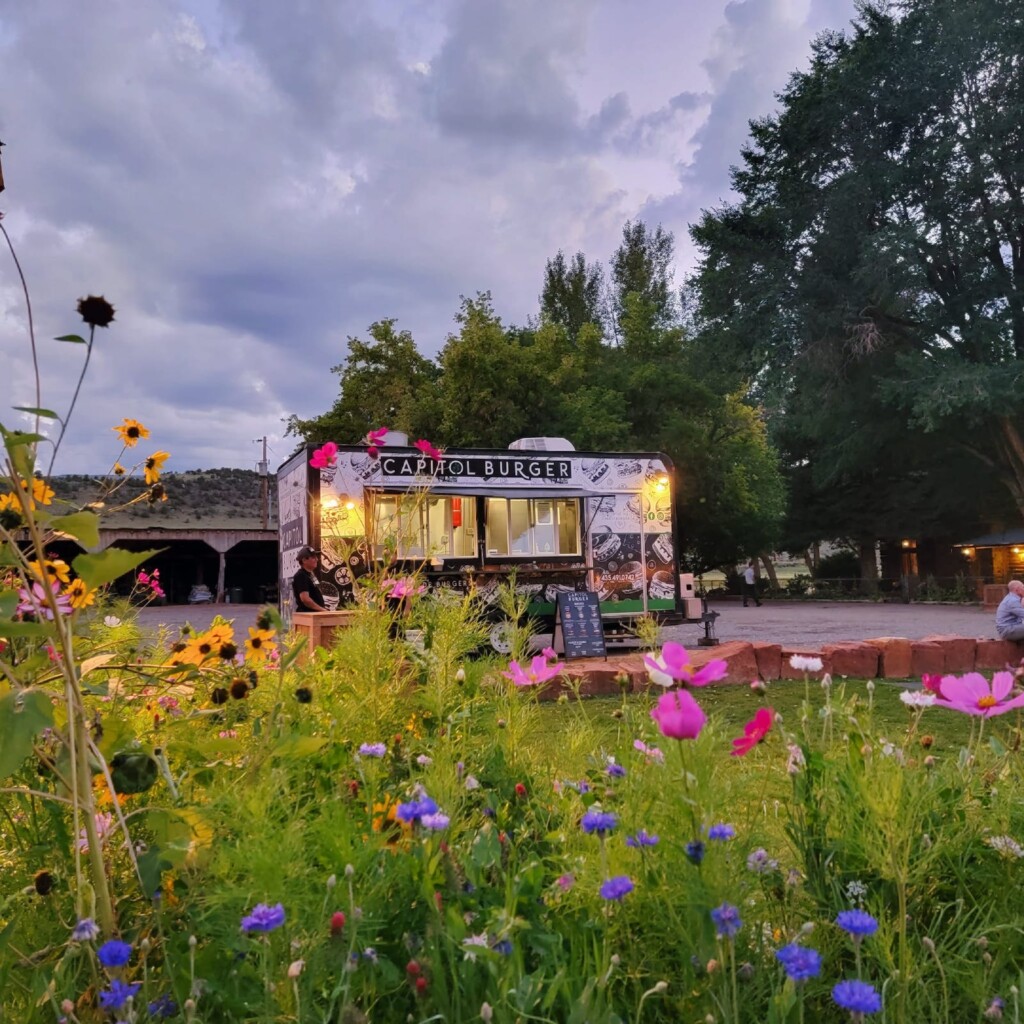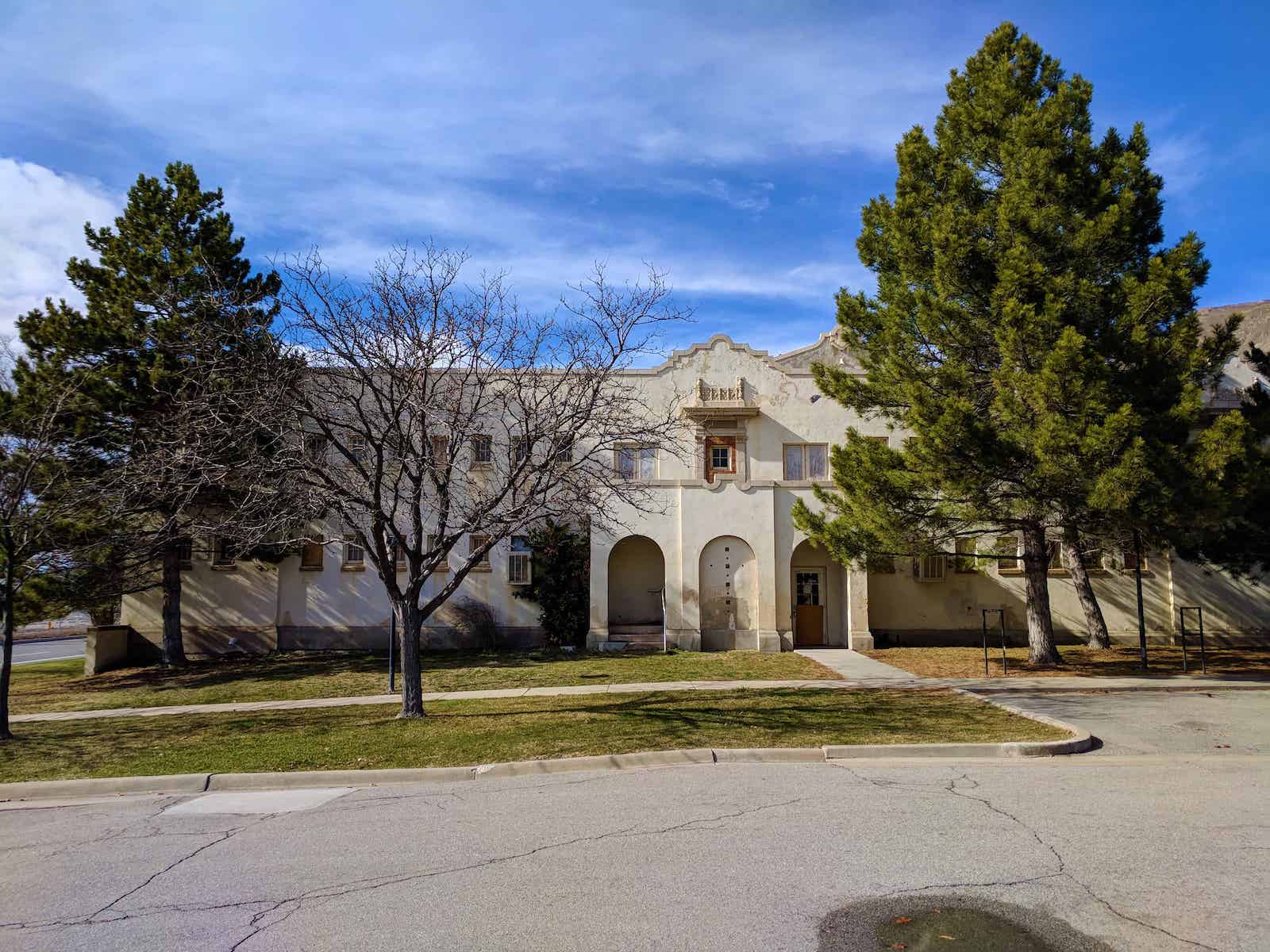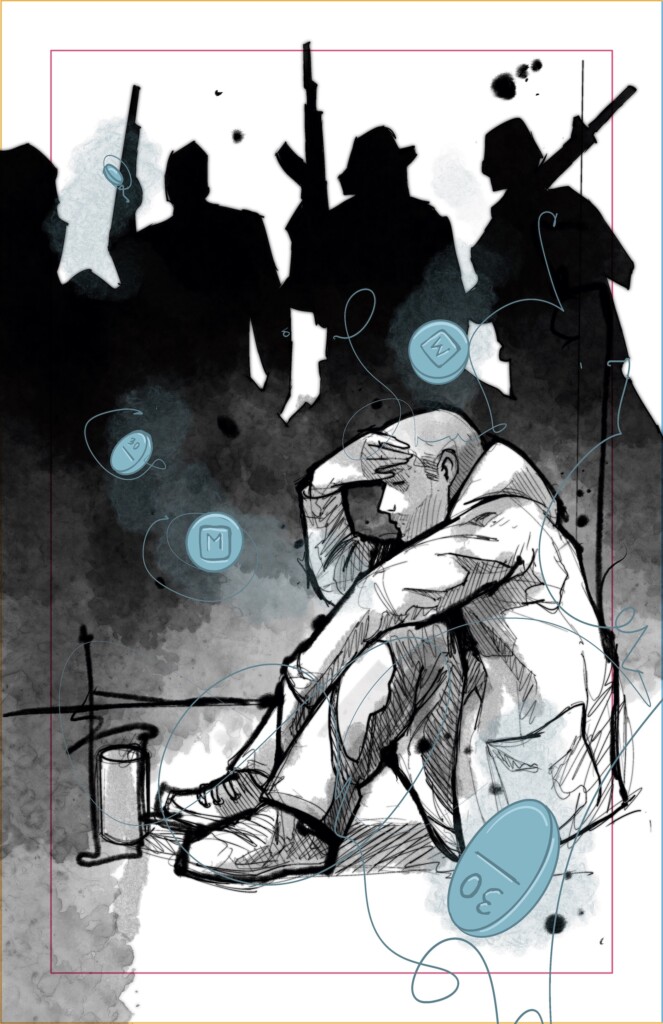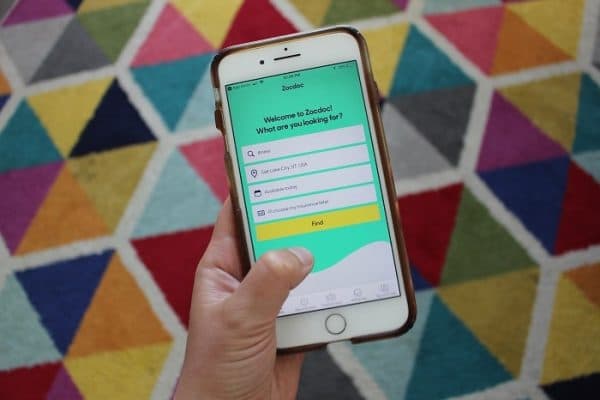
Whether you’re in need of a primary care physician, dentist, eye doctor, or other types of specialist, here are 6 tips on how to find new doctors that this recent Salt Lake City transplant can attest will make the process of finding new doctors when you’ve relocated to an unfamiliar area a little less tedious:
Zocdoc is a great tool for finding new doctors
As someone who has moved around a lot over the last decade, Zocdoc has been my go-to tool for finding new doctors in my network. Zocdoc filters practitioners based on specialty, Zip Code, and insurance provider. The free service shows doctors’ availability, patient reviews, and a photo of each practitioner. You can book the appointment through Zocdoc and it will provide text or email reminders as the appointment nears.
It’s a simple, streamlined way to find everything from an acupuncturist to a vascular surgeon. As an added bonus, Zocdoc will remind you when it’s time for a check-up based on your last booked appointment.
Find doctors that are in-network
The hardest part about finding a new doctor is finding out if they are covered by your insurance plan. To ensure you won’t be paying out of pocket, call your insurance company and ask for a list of doctors in the area that accepts your insurance. Most insurance companies will have that information available. Blue Cross Blue Shield, for instance, has a “Find a Doctor” search tool on their website.
DoctorFinder
The American Medical Association created a tool for patients to connect with practitioners. DoctorFinder has a database of more than 814,000 doctors, and allows patients to search for practitioners by specialty and area.
Through the web portal, you can find office hours, credentials, and accepted insurance providers.
Certification matters
For additional assurance that your doctor has maintained certification by the American Board of Medical Specialties (ABMS) through continued education, head to certificationmatters.org. Board certified doctors have earned a medical degree from a qualified medical school, completed an accredited residency training, are licensed by a state medical board, and have passed ABMS exams.
Word of mouth and social media
You can reach out to your former doctor and ask if he or she could recommend any providers in your new area. A Facebook post on a local community Facebook group for doctor recommendations might also prove useful in helping you find the doctor that is right for you.
Psychology Today
Psychology Today, a bimonthly publication, has an excellent search tool for locating therapists, psychiatrists, support groups, and treatment centers in your area. The online portal can filter your results based on specialty, gender, sexuality, faith, accepted insurance, and more.
The best part about the search tool is the multi-paragraph “about” section each provider writes, detailing their areas of expertise and treatment philosophies. Given the importance of finding a therapist you connect with and feel comfortable around, it’s a great way to get a better feel of who you might work best with on your mental health journey.
Following these 6 tips on how to find new doctors in your area certainly won’t hurt.
The Salt Lake area has some of the best medical care in the country. Finding what works best for you is just a click away.

